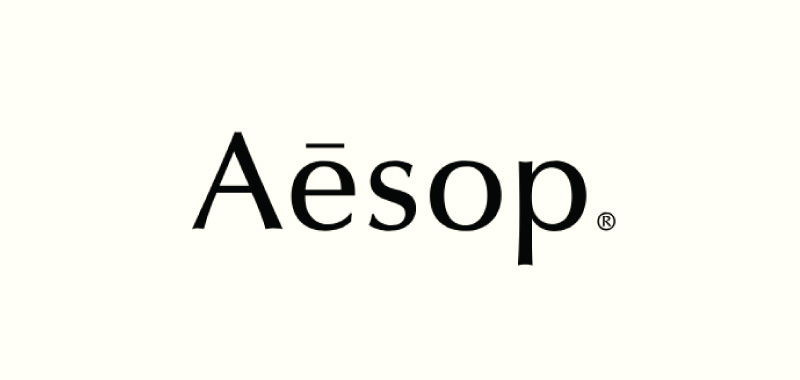
At Loyalty & Reward Co, when we talk with clients about loyalty, we often discuss the importance of the ‘value exchange’.
One example of a value exchange is where members (or customers) give their data in exchange for a benefit, and a brand accepts the data in exchange for providing the benefit.
Brands today are extremely fortunate compared to their peers of the past. The modern digital era has provided the means to readily obtain customer data and in far greater detail, too. However, this does not come free.
Customers today understand the value of their data, just as brands do, and they expect to be compensated for it. Whether this value exchange occurs in the form of a monetary reward, a more personalised experience or something else entirely, the big question which will always be asked is: ‘What are you giving me in exchange for my data?’
What’s in it for me?
Long ago when I made my first purchase with Aesop, I was given the option to sign up for a customer account (an Aesop Customer Profile in their words).
As a budding loyalty specialist, I was eager to say yes. But. I had one question to ask before I gave up my information: ‘What do I receive in return?’
It must have been an uncommon question, because I remember it being followed by a moment of stunned silence, and then the employee telling me something along the lines of receiving regular emails and having my products on record for next time – not the most compelling benefits in exchange for my privacy. At the end of my in-store visit, I was provided with some complimentary samples.
I appreciated the complimentary samples and do so at each subsequent visit to Aesop, especially when there is something new to try, but it should not be the alpha and omega of the personal data value exchange. As a customer, it was and continues to be a little off-putting, knowing that every time I go back in, they learn a little bit more about me, and I receive little, if anything, in return.
It also seems somewhat bizarre that a brand with such a carefully crafted image (visual marketing, well-versed and knowledgeable employees, localised spaces and unique in-store experiences), does little in the way of rewarding loyalty.

Nurturing long-standing relationships
Perhaps the brand shuns the idea of a loyalty (or even member engagement) program, in the same way it shuns discount pricing. And yet, the brand follows the traditional approach to capturing data, with little in return for the customer.
To quote the Aesop customer survey delivered to my inbox after my initial exchange: ‘Aesop is a brand that nurtures genuine interaction and long-standing relationships with its customers and local community.’
While I love the unique brand aesthetic and curation of ‘matters of cultural interest’ outside of skincare (i.e. content regarding literature, history, design and architecture), I feel the brand is missing out on an opportunity to treat its customers as uniquely as it treats its 240 localised stores worldwide.
Member personal data should principally be captured to enhance the member’s experience as a pathway to driving deeper engagement.
As an archetype for prestige marketing and zero advertising, the Aesop brand could drive higher levels of status and word of mouth through an exclusive loyalty or member engagement program. A subscription model may better suit the premium nature of the brand, and the recurring revenue would provide the means to fund monthly packages, and uniquely Aesop events, experiences, and surprise and delight gifts which complement the brand, both in terms of its products and ‘matters of cultural interest’.
If the impact of lockdown has demonstrated anything to brands (especially retailers), now is the time for brands to build more sophisticated databases, reward loyal customers, treat them as individuals and transform the customer experience to nurture true long-standing relationships.
Fabled endings
Long ago in Ancient Greece, there lived a fabled slave and storyteller. He told stories of clever animals and foolish humans. In exchange for these tales, the slave and his stories became renowned throughout the land. It was even said he earned his freedom and became an advisor to a king; all because of his storytelling.
I do not ask for fame, freedom or royal council; all I ask is that my loyalty is returned in kind.
Scott Harrison is a Strategy Consultant at Loyalty & Reward Co, the leading loyalty consulting firm. Loyalty & Reward Co design the world’s best loyalty programs for the world’s best brands.
Scott is a customer experience and digital marketing specialist with extensive experience in loyalty, CX, market research and member lifecycle management.
Scott co-created the book ‘Loyalty Programs: The Complete Guide’, the most comprehensive book on loyalty program theory and practice available.
Connect with Scott on LinkedIn
